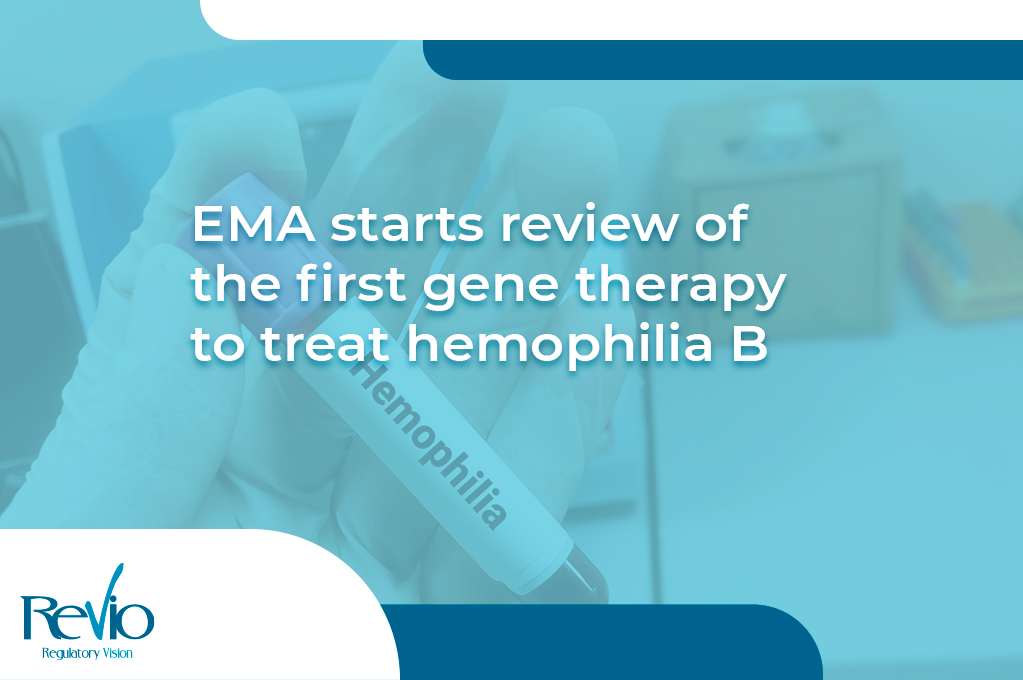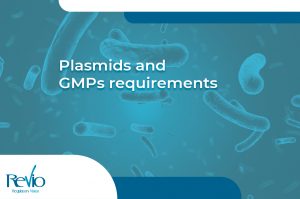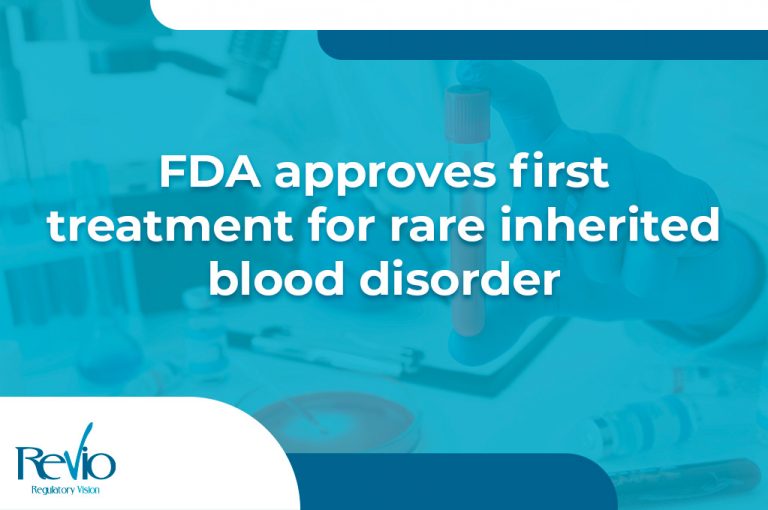The European Medicines Agency (EMA) has accepted to review the Marketing Authorisation Application (MAA) for etranacogene dezaparvovec (EtranaDez), a gene therapy to treat hemophilia B, under its accelerated assessment procedure. This was published as a new application in the last Committee for Advanced Therapies (CAT) meeting on April 2022.
Accelerated assessment
Accelerated assessment potentially reduces the timeline once the MAA is accepted for review and is provided for a medicinal product when the therapy is expected to be a major public health interest, particularly pertaining to therapeutic innovation. So, the evaluation period is reduced from the standard 210 days-procedure to 150 days.
Hemophilia B
Hemophilia B is an inherited bleeding disorder caused by the lack of factor IX (FIX); a protein involved in the blood coagulation (clotting) process. Patients with hemophilia B are more prone to bleeding than normal. Also, they have poor wound healing after injury or surgery. Internal bleeding can also happen within muscles or in the joints, such as the elbows, knees, and ankles. This can lead to permanent damage if it happens repeatedly. As the bleeding can also happen in the brain and spinal cord, throat, or gut, hemophilia B is a debilitating disease that is considered life-threatening.
Current treatment includes life-long prophylactic infusions of FIX to temporary replace or supplement low levels of the blood-clotting factor. However, many of these medicines do not work in some patients because the immune system can produce antibodies against factor IX which stop the FIX infusions from working.
For these reasons, EtranaDez was supported through EMA’s PRIority MEdicines (PRIME) scheme, which provides early and enhanced scientific and regulatory support to medicines that have a particular potential to address patient’s unmet medical needs.
Also, as hemophilia B affected, at the time of designation, approximately 0.2 in 10.000 people in the European Union (EU), EtranaDez was granted orphan designation by the EMA in 2018. This prevalence is below the ceiling for orphan designation in the EMA, which is 5 people in 10.000.
Gene therapy to treat Hemophilia B
Etranacogene dezaparvovec is an investigational adeno-associated virus five (AAV5)-based gene therapy that is administered as a one-time treatment for hemophilia B patients with a severe bleeding phenotype. If approved, etranacogene dezarpovec will provide people living with hemophilia B in the European Union (UE) with the first-ever gene therapy treatment option that significantly reduced the rate of annual bleeds after a single infusion.
This medicine is made of a virus that contains normal copies of the gene responsible for producing FIX. When injected into the patient’s vein, the virus will be carried to the liver, where the gene will be taken up into the patient’s liver cells and start producing FIX. It is expected that a single dose of the medicine will maintain raised levels of FIX for a long time thereby reducing bleeding.
The type of virus used in this medicine (adeno-associated virus) does not cause disease in humans.
If you want to know more, check out the following EMA sources regarding this medicine:
- Committee for Advanced Therapies (CAT) Draft agenda for the meeting on 11-13 April 2022
- EU/3/18/1999: Orphan designation for the treatment of haemophilia B.
Nevertheless, we have launched a dedicated webpage to bring you the latest updates, guidance and developments. You can also follow us on LinkedIn.
We hope you find this useful and of interest. If you would like to discuss any of these updates with the team at REVIO, please get in touch here.




